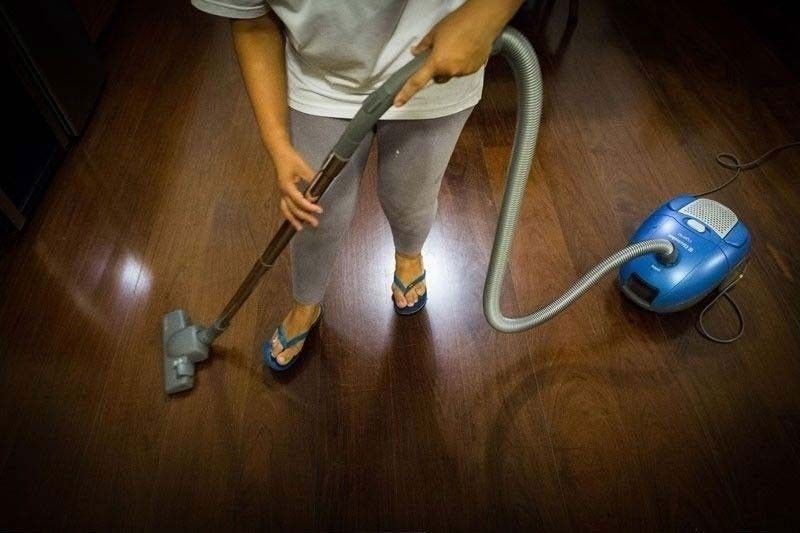Ilocos workers seen to get salary hike

MANILA, Philippines — Minimum wage earners and household workers or kasambahays in Ilocos region are expected to receive higher take-home pay after the Regional Tripartite Wages and Productivity Board (RTWPB) set a public discussion on wage adjustments in the private sector.
The RTWPB-Ilocos said it would conduct a public consultation at 1 p.m. of Aug. 13 in Lucao district in Pangasinan.
“This public consultation aims to gather feedback from various stakeholders including employees, employers and kasambahays, to ensure that wage adjustments are equitable and beneficial for all,” the wage board said.
It said participants could share their views and suggestions on the proposed wage adjustments.
During the consultation, both workers and employers will be informed on the possible impact of the wage adjustment on the company’s operations.
Those interested in joining the consultation may contact the RTWPB.
As this developed, government workers have aired disappointment over an order increasing the salary of workers in the public sector.
“While we recognize the efforts of the administration to increase the salary of government workers, we are disappointed and frustrated as the (amount of the) increase, especially for rank-and-file employees, is too small and inadequate,” Annie Geron, president of the Public Services Labor Independent Confederation, said.
Geron said the recently announced increase of P35 in the daily minimum wage of private workers in Metro Manila is higher than the planned salary hike for government workers belonging to Salary Grades 1 to 7, which range from P530 to P745 per month only.
She said President Marcos excluded from the wage hike workers engaged in job orders and contractual services as well as employees of government-owned and controlled corporations covered by the GOCC Governance Act.
“This means almost 900,000 government workers, most of whom receive substandard wages and have no job security and social protection, will not get any increase at all as provided under Executive Order 64,” Geron said.
She said the executive order would worsen existing wage inequities in the public sector between rank-and-file and managerial positions as well as national and local government employees.
The presidential directive, Geron said, seems to be a “rehash” of prior salary standardization laws.
She urged Marcos to certify as urgent the passage of a fair salary standardization law that is anchored on the living wage and pay equity, in consultation with workers’ unions in the public sector.
- Latest
- Trending



























